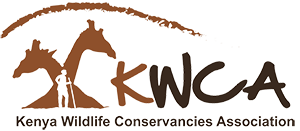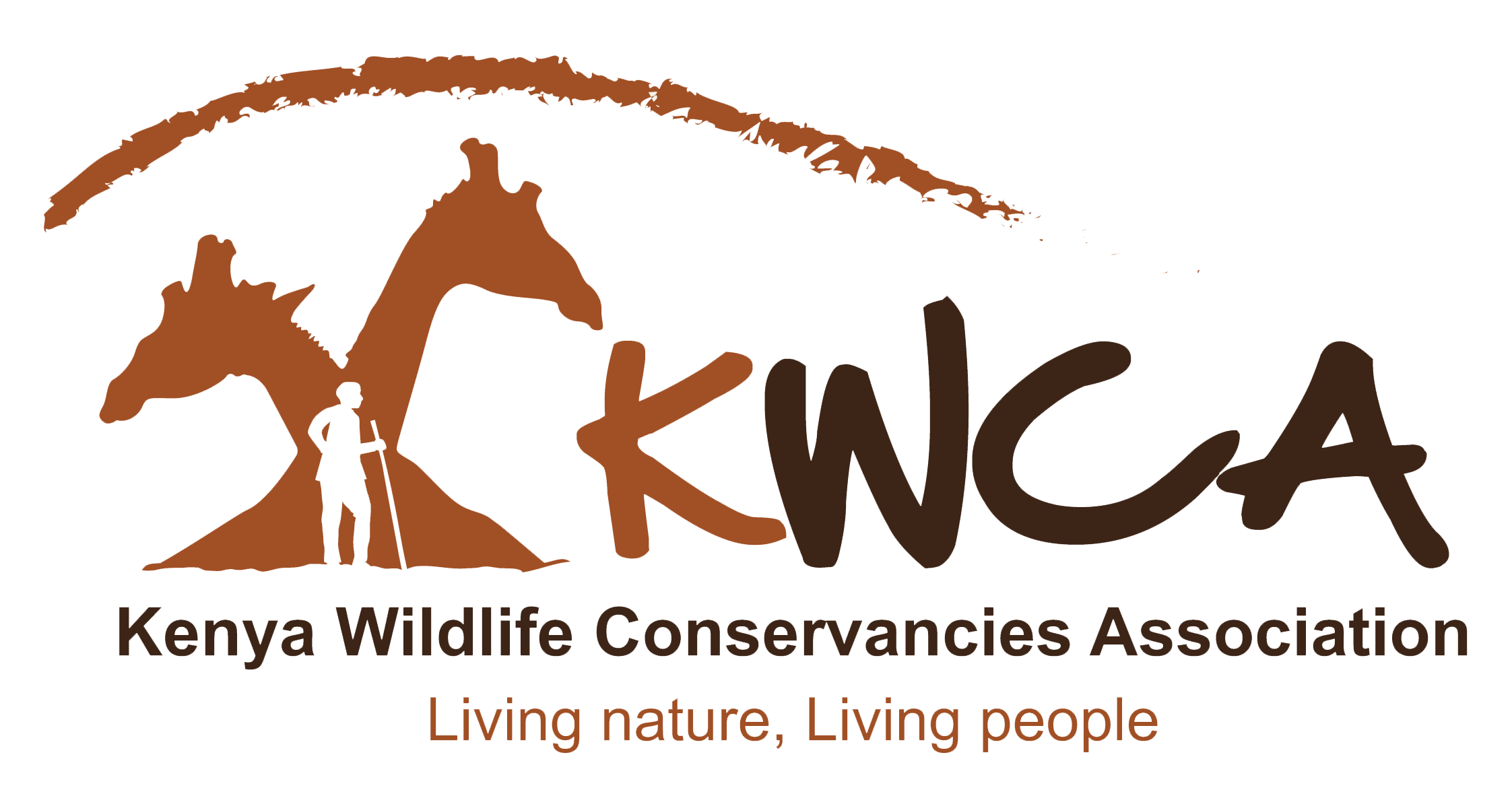DEVELOPMENT OF GRIEVANCE REDRESS MECHANISM POLICY
TERMS OF REFERENCE (TORs)
INTRODUCTION
The Kenya Wildlife Conservancies Association (KWCA) is a national landowner-led membership organization, established in 2013 to serve the collective interests of over 170 community and private conservancies. KWCA works to create an enabling environment for conservancies to thrive by advocating for the right policies, laws, and incentives and supporting them through information sharing, and capacity building. KWCA recognizes that conservancies represent a strong mechanism to promote wildlife stewardship and custodianship by local communities and landowners to coexist with wildlife.
Wildlife conservancies constitute the primary stakeholder in KWCA programming. KWCA works through twelve regional associations to create a network of local communities enabled to manage land and natural resources. The network comprising of 215 conservancies which currently covers over 11% of the country’s landmass, securing critical dispersal areas and migratory corridors while providing institutional arrangements that enable local communities to diversify livelihoods through better livestock productivity, and immersive tourism activities, carbon credits, and alternative nature-based enterprises.
BACKGROUND
KWCA champions a new conservation paradigm, a shift away from the old model, ‘fortress’ conservation, which included tourists while excluding local people; enforced punitive laws while putting too little effort into offsetting the costs incurred by indigenous and local communities.
KWCA believes conservation should be community-led and not community-based. It should be led and owned by indigenous and local communities. Unless local communities and people living adjacent to protected areas feel ownership, are recognized as primary stakeholders, and are effectively engaged and their rights respected, they will have little incentive to conserve but when conservation is community-led and owned, stewardship is realized.
KWCA interventions at landscapes and conservancies level are expected to yield positive environmental and social outcomes. However, the implementation of some conservation activities have the potential to result in unintended negative impacts. When these occur, affected individuals or groups need a trusted way to voice and resolve their concerns and complaints. KWCA is committed to strengthen its accountability and improve transparency during the implementation of its conservation programs. KWCA believes that addressing complaints in a timely and effective way helps resolve conflicts, improves mutual understanding, strengthens accountability and provides a foundation for increased collaboration.
In this regard, KWCA is seeking the services of a consultant to support the development of a grievance redress mechanism to allow for the expression of and response to complaints related to the implementation of its conservation work. The GRM policy should ensure transparent, legitimate and trustworthy mechanisms are established at the different relevant levels to enable any affected stakeholders including local communities to raise their complaints or grievances and get them addressed in a timely and consistent manner.
PURPOSE OF THE CONSULTANCY
The overall objective of this consultancy is to Develop KWCA’s Policy on Grievance Redress Mechanism and associated operational materials.
SPECIFIC TASKS FOR THE CONSULTANCY
- Hold an inception meeting with the KWCA management Team to better understand the requirements, priorities, and expectations from the onset.
- Survey existing formal and informal GRMs in KWCA programs. The consultants will evaluate the scope of these systems, and identify the potential to build on them while integrating them into KWCA’s integrated GRM from communities, landscape to national level.
- Design approaches for KWCA to publicize the GRM system. The consultant will work with KWCA to develop a grievance redress policy that clearly identify guiding principles; define the scope and types of grievances to be addressed; set out a user-friendly procedure for lodging grievances; outline a grievance redress structure; describe performance standards; and spell out internal and external grievance review mechanisms; and how it will be monitored and reported.
- Staff induction on the GRM. The consultant will take the staff (and community members, if applicable) through GRM, how to handle grievances and why the GRM is important.
DELIVERABLES
- A draft Policy on Grievance Redress Mechanism
- Final GRM Policy with associated operational materials
REQUIRED SKILLS AND EXPERIENCE
- Advanced university degree in the relevant study area (environmental sciences or related)
- Experience in participatory approaches, environmental and social safeguards, and stakeholder engagement;
- Excellent experience in Kenya’s context on natural resource management in conserved areas/conservancies.
- Excellent communication and writing skills in English and Swahili.
SUBMISSION OF PROPOSAL
The proposal should demonstrate sound knowledge, technical skills, and capacity as required by the nature of work of the assignment and understanding of the requisite tasks set forth in the scope of work.
Eligible consultants should submit the following;
- Technical and financial proposals
- Date and activity schedule
- CV of designated personnel
- Minimum of 2 recommendations from previous assignments
- A sample of the previous relevant assignment
The proposals should be emailed to [email protected] indicating clearly on the email header the title of the consultancy by 17th April, 2023
Posted on

